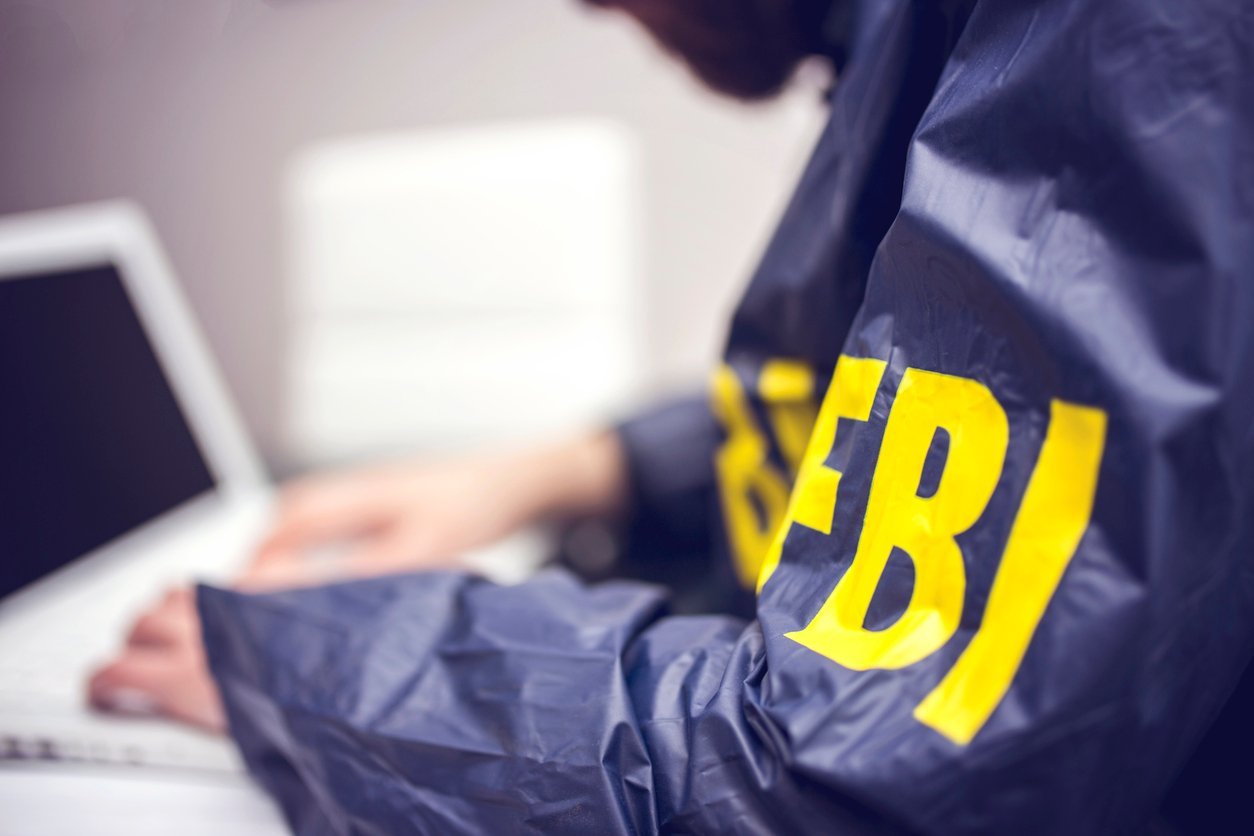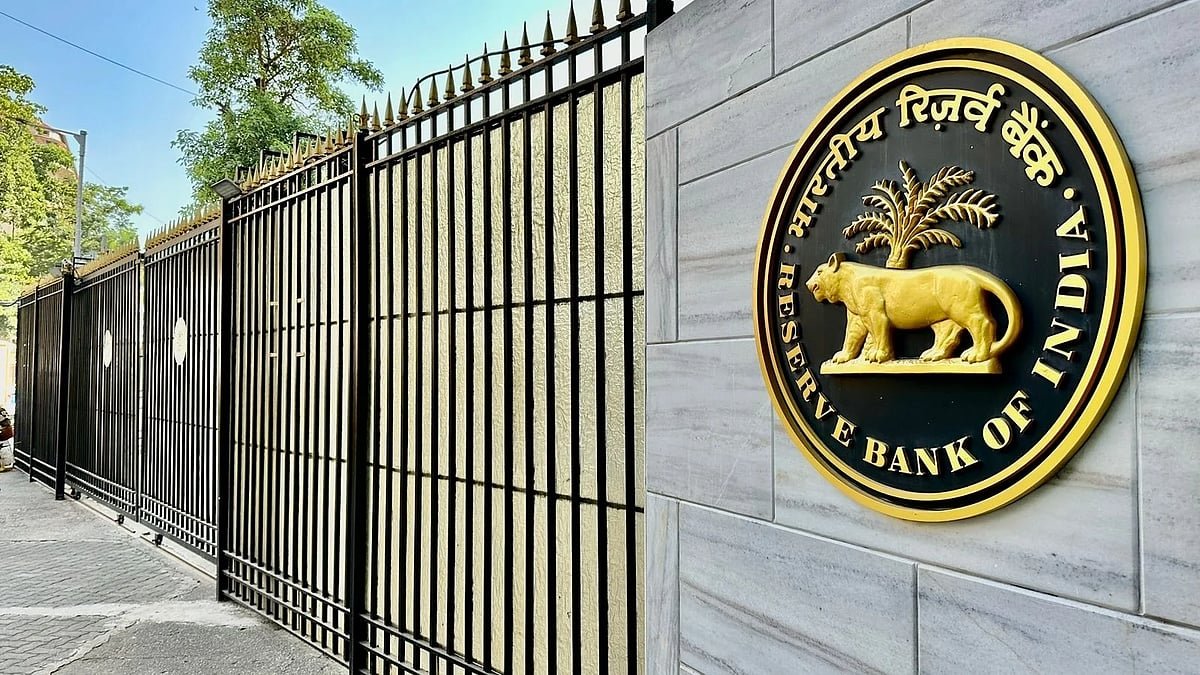 The FBI and the American Bankers Association (ABA) have issued a joint advisory warning of the growing threat posed by AI-generated deepfake scams.
The FBI and the American Bankers Association (ABA) have issued a joint advisory warning of the growing threat posed by AI-generated deepfake scams.
“Criminals may pose as loved ones, government officials, law enforcement personnel, or even celebrities, often using fear and urgency to convince victims to send money or share sensitive information,” the advisory says. “According to the FBI, more than 4.2 million fraud reports have been filed since 2020, resulting in over $50.5 billion in losses, with a growing portion stemming from deepfake scams.”
FBI Criminal Investigative Division Assistant Director Jose A. Perez stated, “The FBI continues to see a troubling rise in fraud reports involving deepfake media. Educating the public about this emerging threat is key to preventing these scams and minimizing their impact. We encourage consumers to stay informed and share what they learn with friends and family so they can spot deepfakes before they do any harm.”
The advisory outlines the following red flags associated with deepfake images and videos:
- “Blurry or distorted facial features
- Unnatural blinking or facial movements
- Audio-video mismatches
- Flat or robotic voice tones
- Odd lighting or shadows.”
It’s worth noting that some deepfakes won’t have any of these indicators, so users should also be wary of the circumstances surrounding suspicious requests. The advisory adds that users should:
- “Stop and think before responding to urgent or emotional requests
- Verify identities using trusted sources and reverse search tools
- Create codewords with loved ones to confirm authenticity
- Limit your digital footprint to reduce exposure
- Report scams to the FBI at IC3.gov, your bank, and local law enforcement”
AI-powered security awareness training can give your employees a healthy sense of suspicion so they can avoid falling for evolving social engineering attacks. KnowBe4 empowers your workforce to make smarter security decisions every day. Over 70,000 organizations worldwide trust the KnowBe4 HRM+ platform to strengthen their security culture and reduce human risk.
The ABA has the story.



